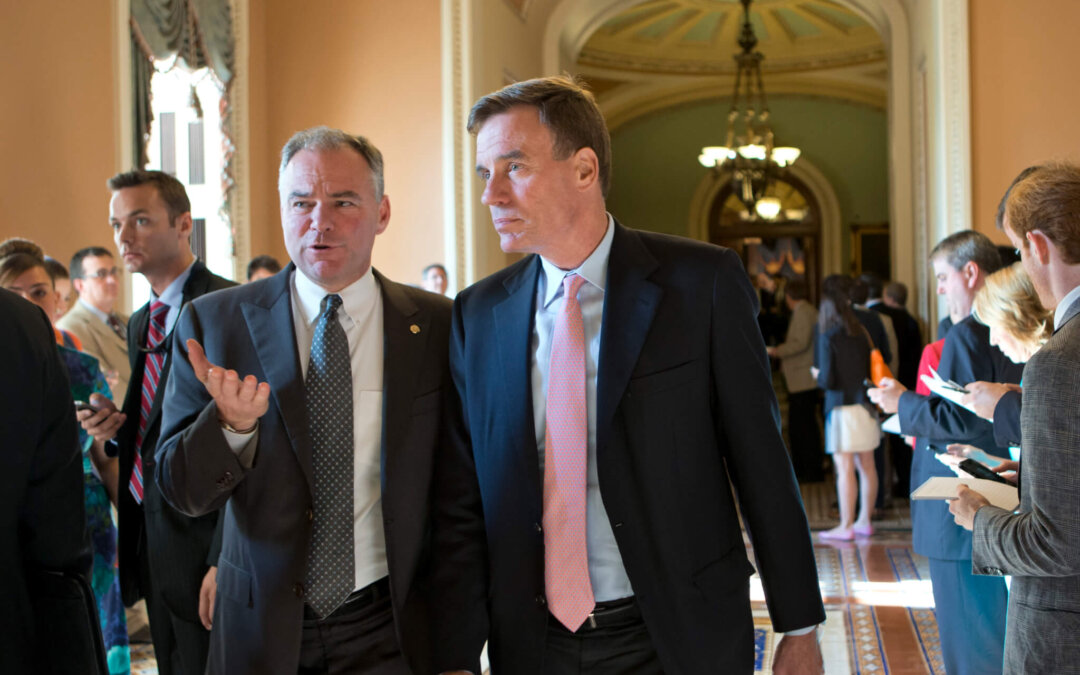As we prepare for the 2024 Paris Olympics in July, we’re also taking a look back at Virginia athletes who competed for the United States in past global games.


As we prepare for the 2024 Paris Olympics in July, we’re also taking a look back at Virginia athletes who competed for the United States in past global games.

The state budget is still being finalized, but in some areas it’s already clear where Gov. Glenn Youngkin and state lawmakers came up short for working families this legislative session. With a new Democratic majority in the Virginia General Assembly this year, many...

The Lois Harrison-Jones Elementary School pays homage to Richmond’s first Black female superintendent. The school was originally named after a confederate colonel in 1913.

Virginia’s two Senators were among a group of lawmakers defending access to in vitro fertilization, or IVF, which has entered the national spotlight after an Alabama ruling made it a new battle in the right’s war on reproductive freedom.

The US Department of Labor says updated regulations will increase income thresholds to ensure lower-income salaried employees are fairly compensated when they work more than 40 hours per week.

The new rule bans new noncompete agreements for the vast majority of American workers and requires employers to let current and past employees know they won’t enforce them going forward. Companies will also be required to throw out existing noncompete agreements.

Richmond Mayor Levar Stoney quit his bid for governor and jumped into the race to be the Democratic nominee for lieutenant governor.

Under the new rules, state officials and law enforcement cannot obtain medical records related to lawful reproductive health care with the goal of pursuing legal action.

Forty-nine of these grants are state-level awards, five are multi-state awards, and six are going to Native American tribes. The administration also announced its plans to expand its American Climate Corps green jobs training program on Monday.

According to the website Thriftcon.co, two key Virginia cities take the lead as the best places in the country to thrift clothes.